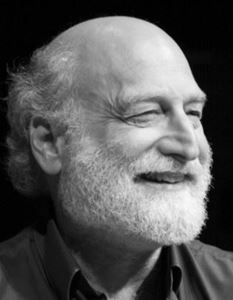What we are doing continually in our lives is […] “encountering difference,” and then allowing the moral understandings of the other to place our own understandings into question. In this approach, we are continually tacking back and forth between our beliefs, commitments, perspectives, and moral understandings and those of others. It is that tacking back and forth that helps us determine whose understandings of the good are best for that particular moment. That process is what helps us shift our perspective so that we’re not just imprisoned by the status quo of our current social world. Gadamer called that process dialogue, or “genuine conversation” and I saw it as a way out of the Heidegger-Foucault dilemma. I still do.
Philip Cushman in MacDonald et al. (2017)

Is this beautiful passage an example of the psychologist’s fallacy? Is Cushman, in an over-charitable way, generalizing an ideal type of experience, something to which we ought to aspire, presenting it as something “we are doing continually in our lives”? Yesterday, at one of the sessions of the philosophical-artistic event, The Philosopher is Present, I was struck by how much we do not do what Cushman describes, how much we do not open ourselves to the perspective of others. One by one, we saw individuals navigating through conversations, driven far more strongly by the desire to appear knowing and consistent, than by the desire to encounter the moral understanding of another person. Andrew Taggart was in dialogue, but he was the exception. He was an anomaly to be explained.
–
In the above paragraph, Philip Cushman paints a particular image of the examined life, which involves engaging with the perspective of others in such a way that inspection of our own perspectives–and finding the correct perspective for a given context–becomes possible. At least in the current cultural climate, such a method does not come effortlessly and naturally to us. It is important to recognize the difficulty of pursuing what we value. Am I wrong in my judgment? I believe Andrew Taggart enacts the attitude described by Cushman and, I think, in so doing he demonstrates how difficult and rare it is.

Reference
Macdonald, H., Goodman, D., & Becker, B. (Eds.). (2017). Dialogues at the edge of American psychological discourse: Critical and theoretical perspectives. Palgrave Macmillan UK.